 In my last post, I discussed a few options for recording presentations if you’re a medical writer who’s decided to start reporting medical conferences – or maybe you just need to record interviews with experts or key opinion leaders for articles you are writing.
In my last post, I discussed a few options for recording presentations if you’re a medical writer who’s decided to start reporting medical conferences – or maybe you just need to record interviews with experts or key opinion leaders for articles you are writing.
s
h
First-Time Use
Once you decide on your device, I can’t stress enough how critical it is to get familiar with it before the meeting. I realize this may seem natural to most folk, but I’ve seen enough writers at meetings, frazzled because they’ve had some kind of issue with a new recording device – they hadn’t checked it out in advance because it had seemed like it would be so intuitive to use.
d
I’m not at all a tech-geek, so I’m definitely someone who tests out new tech devices before I REALLY need them – more times than I probably need to, just to appease my anxiety level! You may not need to be quite as Type A about it as I am, but I definitely advise playing around with your new device until you feel comfortable using it. Whatever device you’ve decided on, don’t let the conference be the first time you use it!
d
If you get the chance, test it out at some kind of presentation in a big hall, similar to what you’ll experience at a conference. Maybe your local university or community college hosts some public lectures – attend one and give your recorder a test drive. This will allow you to see how the audio holds out in a large auditorium.
f
f
A Couple of Tips
-
Use earphones: Your audio quality will vary depending on the speaker, acoustics in the room, your location, etc. – a lot of things you have no control over. When you’re listening to the recordings as you write articles, if you’re struggling with the audio just using your computer’s speakers, plug your earphones into the computer and see if that helps. It often helps me a lot. In all the years I’ve been using mine at conferences, I’ve never had an issue where I’ve not been able to understanding the audio from a lecture, and I’ve had a lot of “poor” audio issues (often when you’re attending a lecture, you just know it’ll be rough listening to the audio because it’s difficult enough hearing it adequately in person – maybe the acoustics are producing lots of reverberations in the room).
-
For one-on-one conversations, let the speaker know you’re recording their comments: If you’re chatting individually with a speaker at a conference, or even with an expert over the phone, be sure to ask their permission first. It’s the polite, professional thing to do. I’ve never had anybody refuse to be recorded – I think most professionals kind of expect to be recorded during interviews, but it’s still polite to ask. And explain why you’re recording the conversation – it’ll put them at ease, and help them figure out how best to answer your questions. If the purpose is to obtain a direct quote, they may prefer to take a couple of moments to think about how they phrase something, so that it flows better in your article. If it’s just so you have their information for paraphrasing in the article, they may not feel the need to be as succinct, because they know you can select the information that you feel is most pertinent.
s
Hopefully this will help with your preparation for the conference!
c
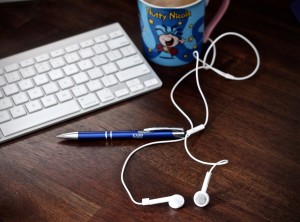
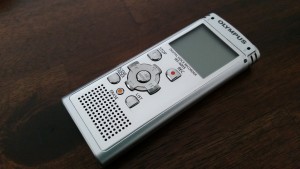
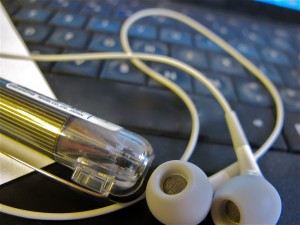

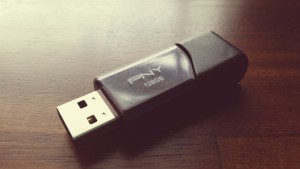
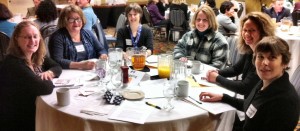


Follow Me!